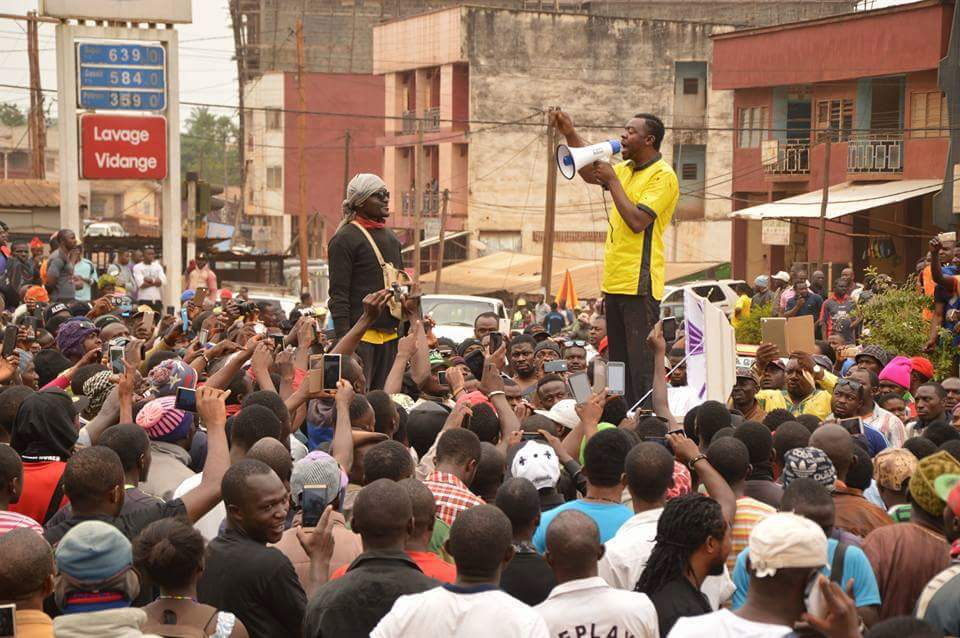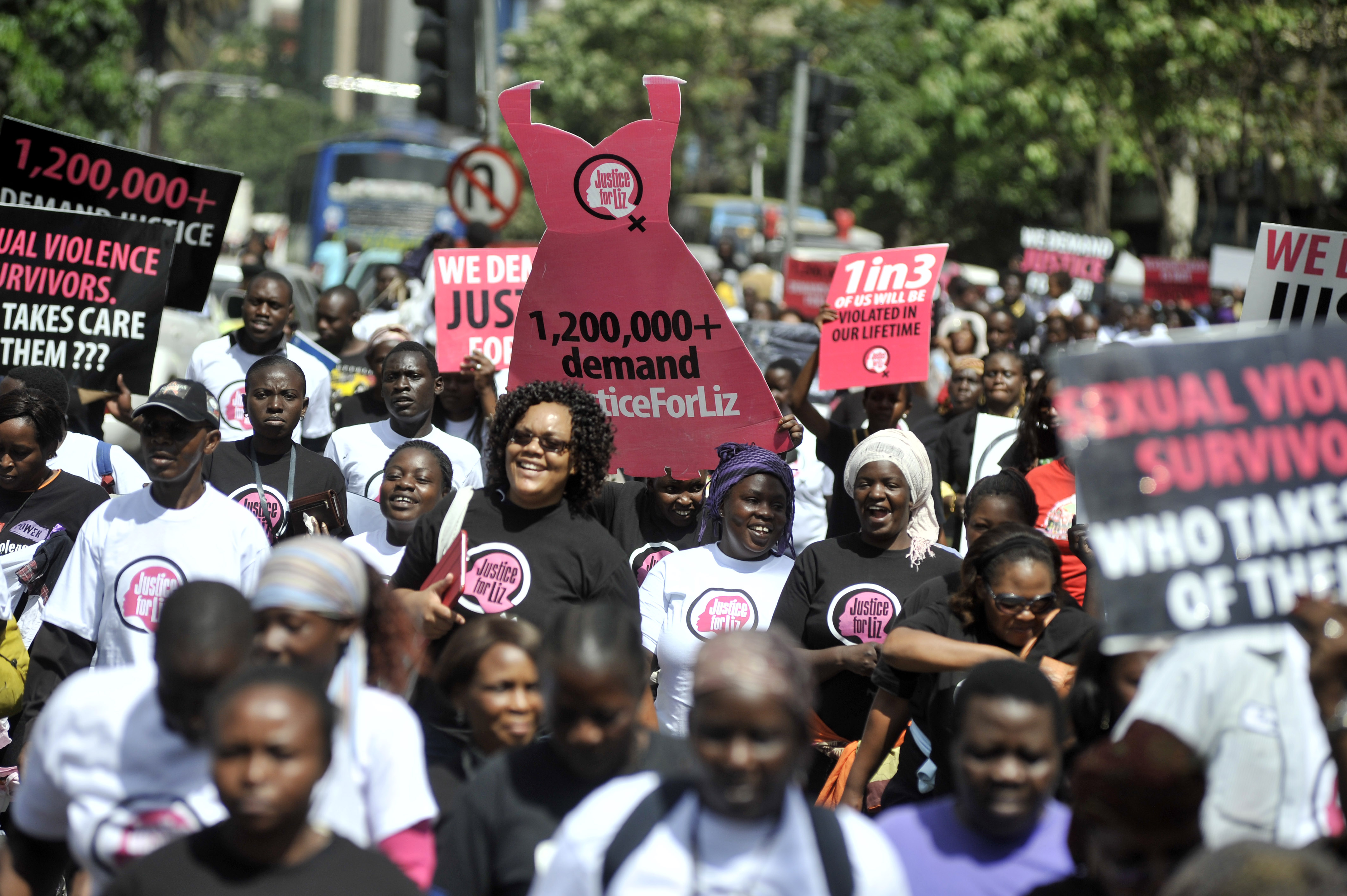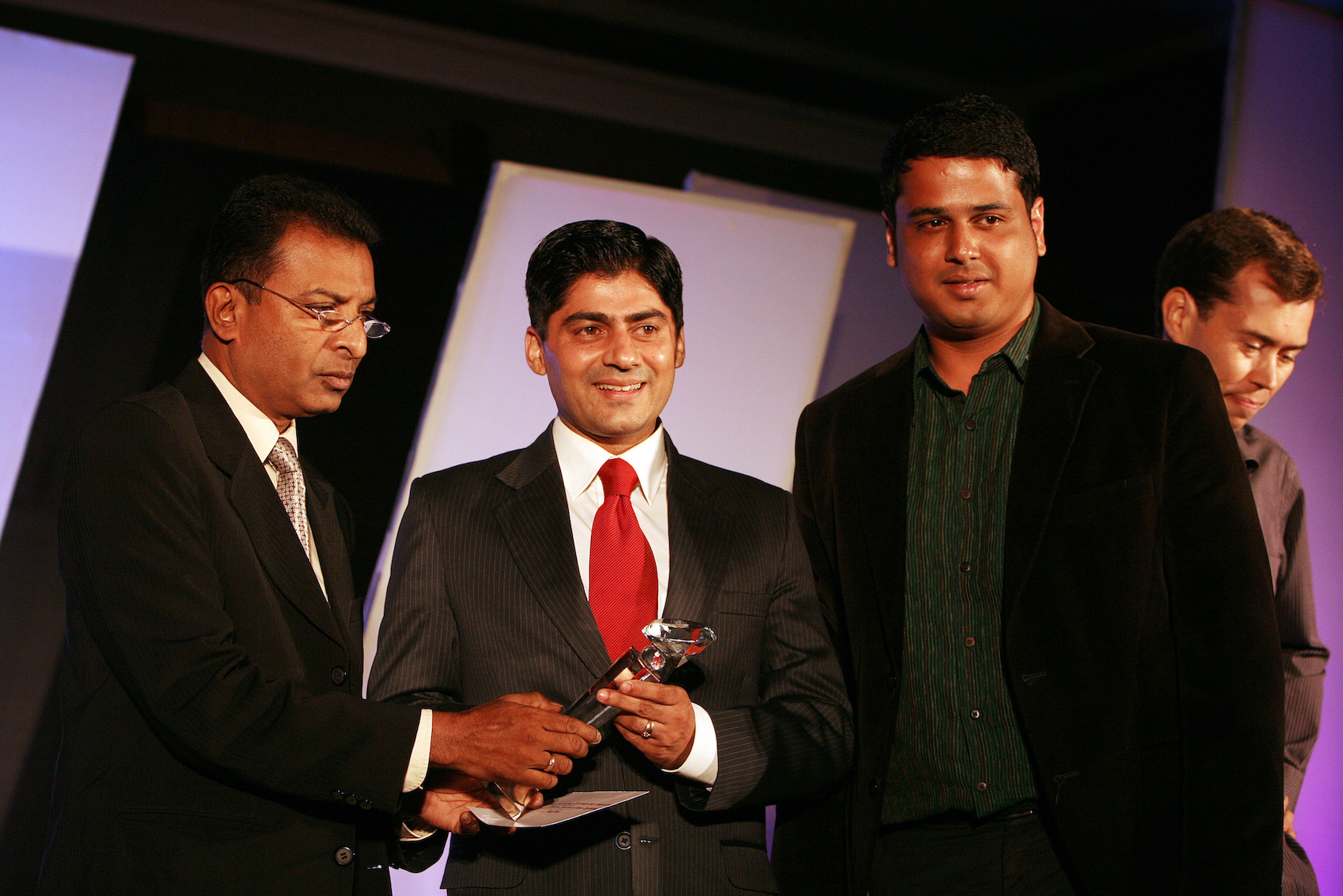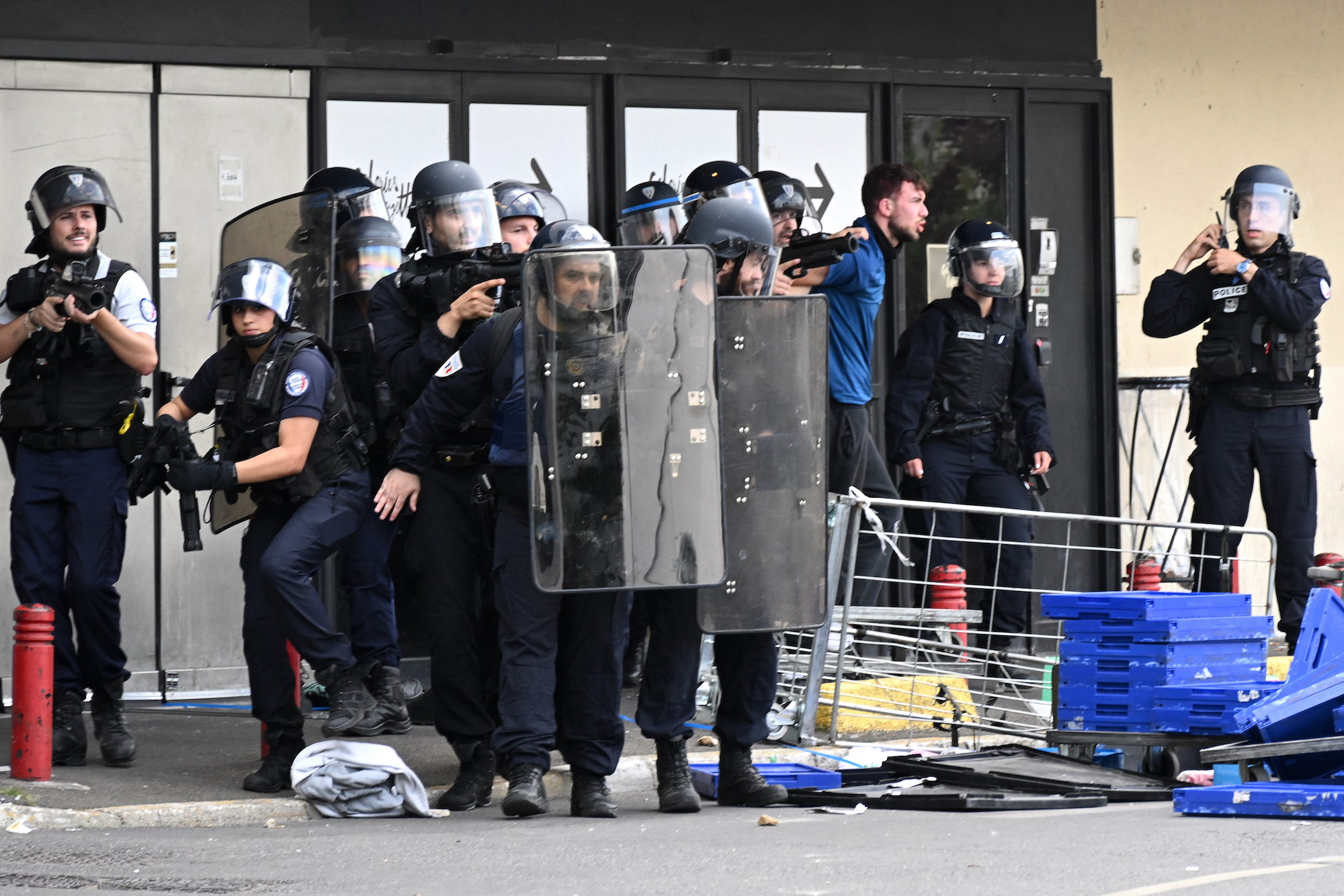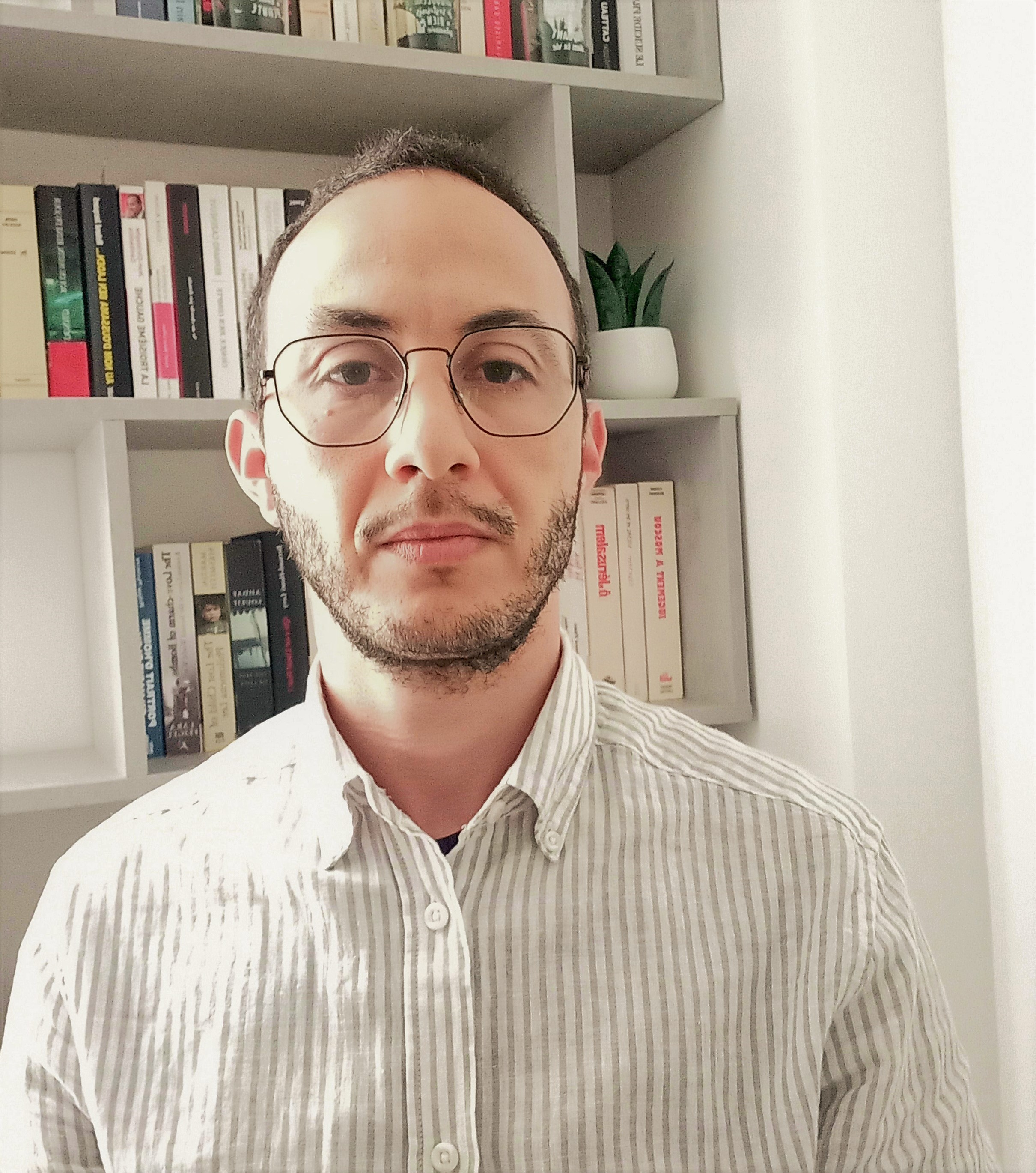As Israel bombarded Gaza for the third night, I found myself closer to a missile hit than I could have imagined
On the third night of nonstop bombing in Gaza, we all stayed up late at my parents’ house: me, my infant son, sisters, brothers, nieces, nephews and parents huddled together in the dark, listening to the sounds of our city being bombed and our people being annihilated.
Finally, we went to bed, out of exhaustion, not because things quieted down.
We had spent hours playing with the older kids, drawing, playing games, telling them the noises were fireworks. I don’t think they believed us.
Whimpering a bit, my baby finally settled into an exhausted sleep, jumping awake with every loud bang and screaming. I had brought him to my parents’ house after our own home was made unliveable by an Israeli missile that hit it while we were out. My husband and daughter were at my in-laws’ house.
Less than half an hour after I closed my eyes, we were woken up by a terrifying noise.
I picked the baby up right away, not really thinking. My body knew we had to get out, and everyone else did too. All of us were running.
'The air was thick with dust - we couldn't see anything'
Within seconds, the air was so thick with dust and the stench of gunpowder, it was unbearable.
We heard our neighbours shouting and crying, we couldn’t tell what they were saying.
We also couldn’t see anything, our eyes full of dust, debris and shock.
This one was so much closer than any we’d ever experienced, the ringing in our ears seemed to echo in our eyes.
How close was that? Whose home was hit?
Stumbling onto the street we looked in the direction that our neighbours were running towards. The building that had been hit was a four-floor apartment building just one down from my parents’ home, a few metres away.
We saw rubble on the street, but not much else because the police asked us to get back in the house quickly. They weren’t sure if that was a “warning” missile or the main attack.
If it was a “warning” missile, that meant that in about 15 minutes, a bigger, more evil missile would land on the same house and obliterate it.
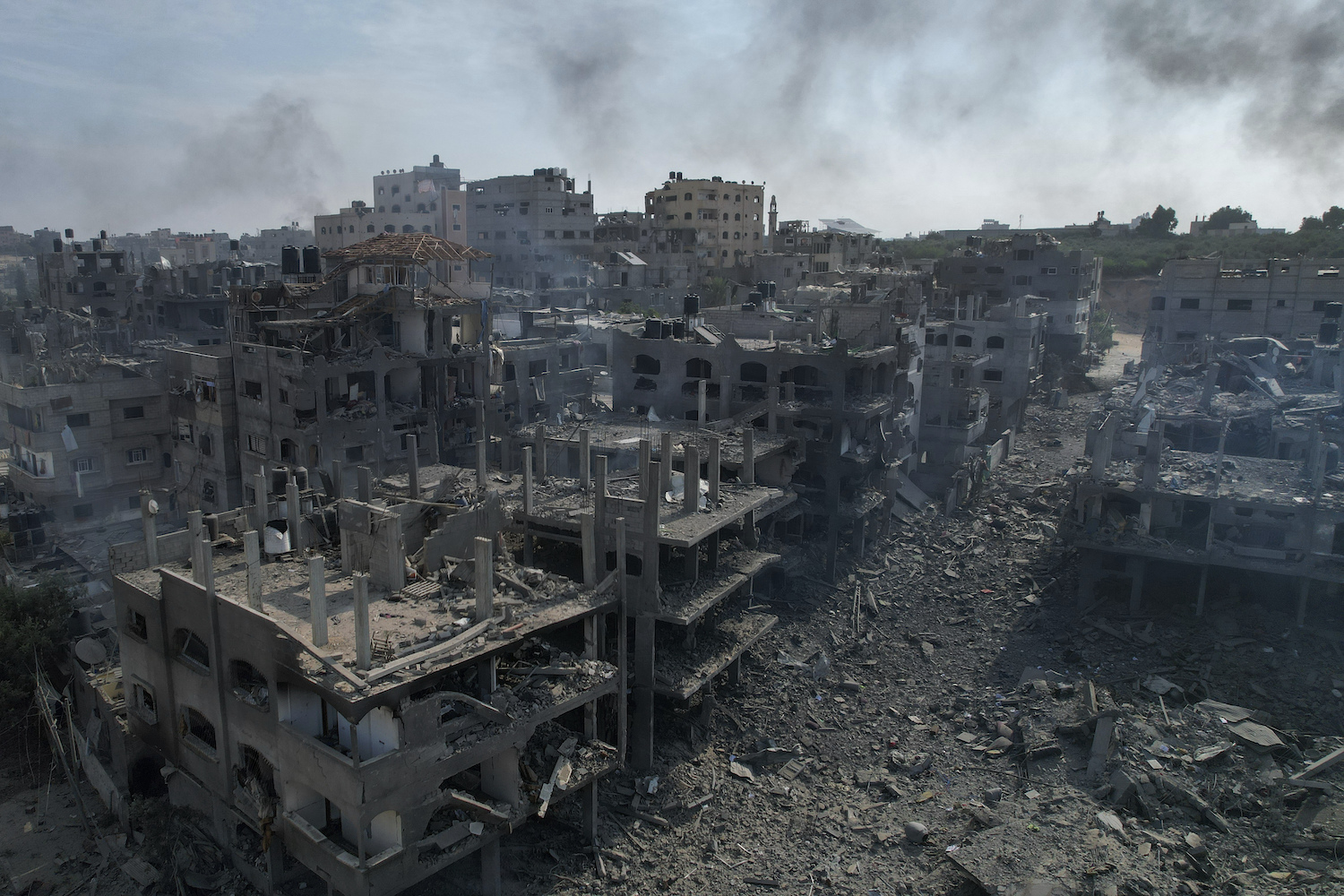
The neighbours across the street put their arms around the families that had run out of the stricken building and took them into their homes, and my family trooped back in and gathered on the ground floor.
We looked at each other silently, some eyes glittered with tears. Our nerves were stretched so tight I half-expected to hear them shriek within my body. Would there be another attack?
We heard the sounds of ambulances. Who had been hurt?
How could there possibly be a missile anywhere in the world that was bigger than this one, I wondered. How were humans supposed to endure something that horrible?
After enough time had passed and the dust in the house had settled a bit, we heard people moving around outside and decided to venture out.
'We are the news today'
On the street, dozens of people had gathered around the fallen building, the dazed residents staring at the rubble that replaced their home, history, memories, their very beds – all gone.
We went back inside. There was nothing we could do outside really, so we went back in to look around our dust-encrusted home and belongings.
Dozens of messages and calls from friends and relatives started coming in to ask if we were OK.
My sister said wryly: “We were the news today.” She’s always been known for her black humour.
Unable to speak, I sank onto the nearest sofa holding my baby. Somehow, by some miracle, he had slept through the whole thing and I thanked God that he hadn’t woken up to these sounds.
The kids who were awake were looking at us with wide wide eyes in pale faces. Four of my nephews are less than four years old, and looking at their mothers’ faces I knew that we were all equally helpless to protect them from this trauma.
The sound of bombs continues still, as it did for the rest of the night.
It has kind of become normal, when there’s a pause I find myself waiting for the next one to hit.
Day and night, the house shakes as projectiles hit, destroying lives.
Beyond scary and crazy.
This article first appeared on aljazeera.com.































![A demonstration against Israel's war on Gaza on Paulista Avenue in São Paulo on November 4, 2023, draws attention to the deaths of children while the media focuses on the war against terrorists. [Photo: Lina Bakr]](/sites/default/files/ajr/2024/Picture1.png)

